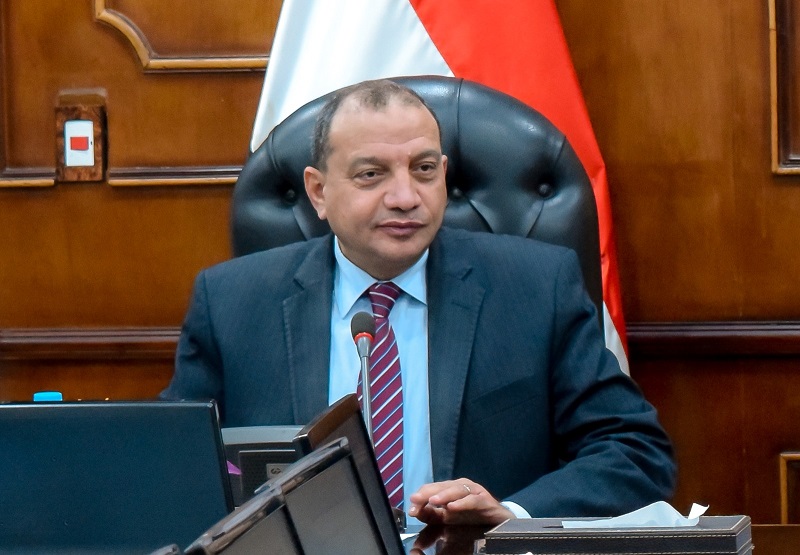President of Beni-Suef University Reviews Achievements of the Higher Education Development Projects Management Unit Over the Past Year

18 Jun 2025
Media Center
Dr. Mansour Hassan, President of Beni-Suef University, chaired the meeting of the Higher Education Development Projects Management Unit, in the presence of Dr. Abu El-Hassan Abdel-Mawgoud, Vice President for Community Service and Environmental Development, Dr. Hani El-Nashar, Director of the Unit, and members of the board.
During the meeting, the President reviewed the unit's key achievements throughout 2025, across five major sectors:
1. Project Sector:
The unit provided technical support for users of the student affairs, postgraduate studies, and electronic control systems within faculties, as well as the "Farouk" HR system, administrative organization system, and "Zahraa" university housing system. Faculty members and staff were trained on various information systems, and user accounts were created to facilitate their operations.
Issues faced by users were documented and resolved, bachelor's degree results for the academic year 2023/2024 were published on the system, and relevant data were submitted to the statistics system of the Supreme Council of Universities.
Workshops were conducted on activating electronic registration for credit-hour students, and pages were developed to manage book fees and payment status reports.
A web service was designed to operate the e-book platform for students and another for the Military Education Program. Additional services were developed for retrieving student IDs and national numbers, and for linking students with academic degrees and nationalities, including international students.
2. E-Portal Project:
In the design department, logos were created for various university departments, and websites for new faculties were designed in multiple languages and formats.
In the translation department, 2,680 news articles were published in Arabic, 1,850 were translated into English, 836 into other languages, and 714 into French.
In the email department, 900 email accounts were created for faculty members and 80,000 for students and researchers. Technical issues with faculty email domains were resolved, and coordination with Microsoft ensured updates and deployment of Microsoft Teams and Forms.
In the certification department, staff and faculty were trained on managing the university website and the university book platform.
3. Digital Library Project:
The plagiarism rate of 667 scientific papers and 450 theses (Master’s and PhD) was checked.
A total of 864 theses were uploaded to the digital repository, and 1,081 library holdings were indexed into the Egyptian University Libraries Consortium.
The repository recorded 342,261 visits from various countries and 97,352 search operations by users.
4. Information Network Project:
In the servers and hosting sector, information services were maintained for university applications. A dedicated server and software were prepared for the National University. Several university-related websites were hosted under the domain eg.edu.bsu, including alumni services, job postings for the National University, and the Military Education platform.
In terms of security and control, a FortiGate firewall was installed to block network breaches. Firmware updates were performed regularly, unwanted sites and social media access were filtered, and VPN access was enforced for server security. Security vulnerabilities were monitored daily to prevent hacking attempts. An IPSEC tunnel was established for the professional studies e-payment system at the Faculty of Commerce (MBA), and security policies were implemented for the National University job server and the Ministry of Finance's e-invoicing users.
Network connectivity was expanded to off-campus faculties—Pharmacy, Social Work, Medicine, Veterinary Medicine, and Tourism and Hotels—via fiber optics. Infrastructure work at the 320-acre campus is ongoing. IT maintenance and repairs were also carried out across faculties.
5. ICT Training Project:
The center's accreditation was renewed, and 34 trainers were certified. A total of 2,612 candidates were tested under the seven-module grant system, 90 under the single-module promotion system, and 29 under the two-module promotion system.